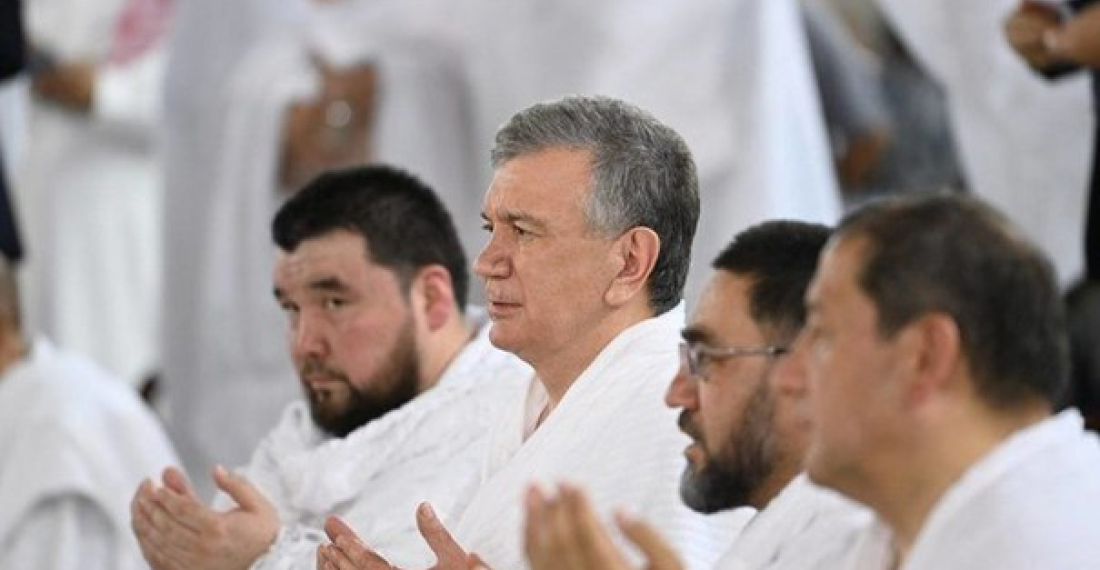Uzbek President, Shavkat Mirziyoyev, was in Saudi Arabia this week, where apart from performing the Muslim rite of Umrah at the Holy Mosque in Mecca, he also met with Saudi leaders to consolidate and strengthen relations between the two countries.
Mirziyoyev met with Saudi Crown Prince Mohammed bin Salman in Jeddah. The Central Asian leader also met with the Saudi ministers of energy, investment, industry and a variety of other sectors, the official Saudi Press Agency (SPA) reported.
During the visit, Saudi Investment Minister Khalid bin Abdulaziz Al-Falih signed several memoranda of understanding with his Uzbek counterpart on exploring investment opportunities and strengthening relations between the countries' private sectors. The agreements covered areas such as air transportation, livestock, agriculture, sports, education, science, media, energy and technology sectors, according to the agency. Thirteen deals worth about $12 billion were reportedly signed at a meeting of the Saudi-Uzbek Business Council which took place in the framework of Mirziyoyev's official visit.







